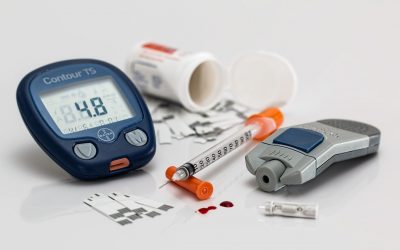The bad news is there is a strong link between excess alcohol and high blood pressure, abnormal heart rhythms, damage to your heart muscles and other diseases such as liver problems, some cancers and stroke. Sensible drinking is encouraged whereby you keep to the daily unit recommendations. However, there is some good news…moderate consumption of alcohol, 1-2 units per day for women and 2-3 units per day for males can have positive effects on your cholesterol levels. So cheers to that.
It is important to remember the negative effects of too much alcohol. Alcohol is high in calories and can make it harder to stick to healthy eating plans when you have been drinking. Cutting down on alcohol could be a good way for you to lose weight. It is encouraged you have two to three alcohol free days each week. Too give you a general idea:
- One pint of lager contains roughly 3 units of alcohol.
- 175ml glass of wone contains 2.3 units (some wines have higher alcohol content than others)
- 25ml of spirits (40%ABV) contains one unit of alcohol.
Now we all enjoy the glass of wine or pint of beer on the weekend or after a long day. So, I am not saying you need to cut this out. If anything, this is important for your mental health and stress levels to help you relax and unwind. It only becomes a problem when we consume too much alcohol. Along with all the effects I just mentioned, too much alcohol can have an impact on your sleep and the next day when you are tired you are less likely to stick to your healthy eating diet and are less likely to have the energy to have an effective workout.
So, enjoy the glass of wine or pint of beer (or whatever takes your fancy) but as your going to re fill your drink maybe ask yourself, do I really need this? Will this affect my day tomorrow?
Just something for you to contemplate…









